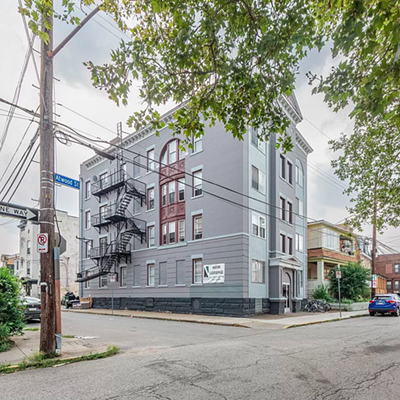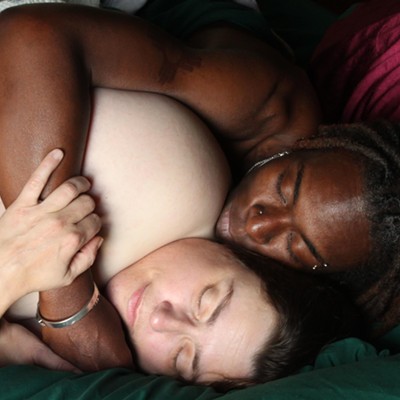Two cops from a small town in Westmoreland County got popped last week. They are accused of selling an eight ball of coke to another cop. If the charges are true, my guess is they took the coke from someone instead of busting him, a good deal for everyone involved. On the chance that they might be innocent, however, or that they were set up in some kind wacky sting operation, I'm not going to mention their names. They are, after all, entitled to the presumption of innocence until they plead guilty. (Ever since the prosecutors hijacked the court system, drug cases rarely go to trial.)
Even Attorney General Tom Corbett felt compelled to make a statement to the press about this nickel-and-dime bust, though he did say, "I can't tell you how disappointed I am that I have to do this."
Tom Corbett must be disappointed a lot. I'm basing that on the number of cops I've met in prison -- and the number I've met on the street who, but for the grace of God or whomever, could have been there too. No one is better placed for a career in crime than cops. Reputed mobster Steve "Sigmund the Sea Monster" Sergio once told me the only reason he joined the NYPD was to become a crooked cop.
It might not seem like it, but it's not my intention here to take cheap shots at cops just because some of them get into trouble. What I would like to talk about is how the seemingly endless "War on Drugs"-- 35 years and still fighting a holding operation -- has helped make outlaws out of some of the very people who have taken oaths to uphold the law. It is hardly an original thought that prohibition leads to corruption. That doesn't make it any less true.
You could dig a more extensive explanation out of an economics book, but it boils down to this: Government efforts to enforce a prohibition of a specific product will always increase costs for producers. For goods with elastic demand curves -- sneakers, for example -- the result is lower demand. But as the government has learned over the past several decades, the demand for drugs is largely inelastic. And in such cases, government regulation just leads to higher prices for consumers.
Efforts to curtail drug use have the unintended effect of increasing the profits of producers and sellers. It's natural for them to use their riches to guard against their No. 1 problem: incarceration. Cops are obviously ideally placed to provide just what the dealers are willing to pay for most: protection from government interference. Not everybody has a price, but a lot of people do.
That sort of corruption doesn't explain the case of the small-town cops. They weren't protecting anybody. Allegedly, they were selling drugs themselves. But the temptations are very similar.
An enlightenment philosopher suggested that no man should obey a law unless he agrees with it. In the case of the drug laws, he had nothing to worry about. The government spends billions of dollars and hands out horrendous penalties, but people break the drug laws more than any other statutes except traffic laws. My guess is that if those cops did do it, they didn't think it is was a very big deal because, hell, everybody's doing it. They are about to find out differently.
A better way to reduce the demand for drugs is to follow the example of cigarettes, the consumption of which has fallen dramatically even as use of illegal drugs has remained constant. Can anyone doubt that a program of taxation, information and stigmatization of users is the way to go?
Unbelievably, there are still some people who think that drug prohibition is a good idea. You have only to look at the statement made by President George W. Bush before a Kentucky audience on Jan. 11: "[S]ome of you all may be old enough to remember the days of Prohibition. I'm not. But remember, we illegalized whisky, and guess what? People found all kinds of ways to make it, and to run it. NASCAR got started -- [a] positive thing that came out of all that."
It's hard to argue with logic like that.










